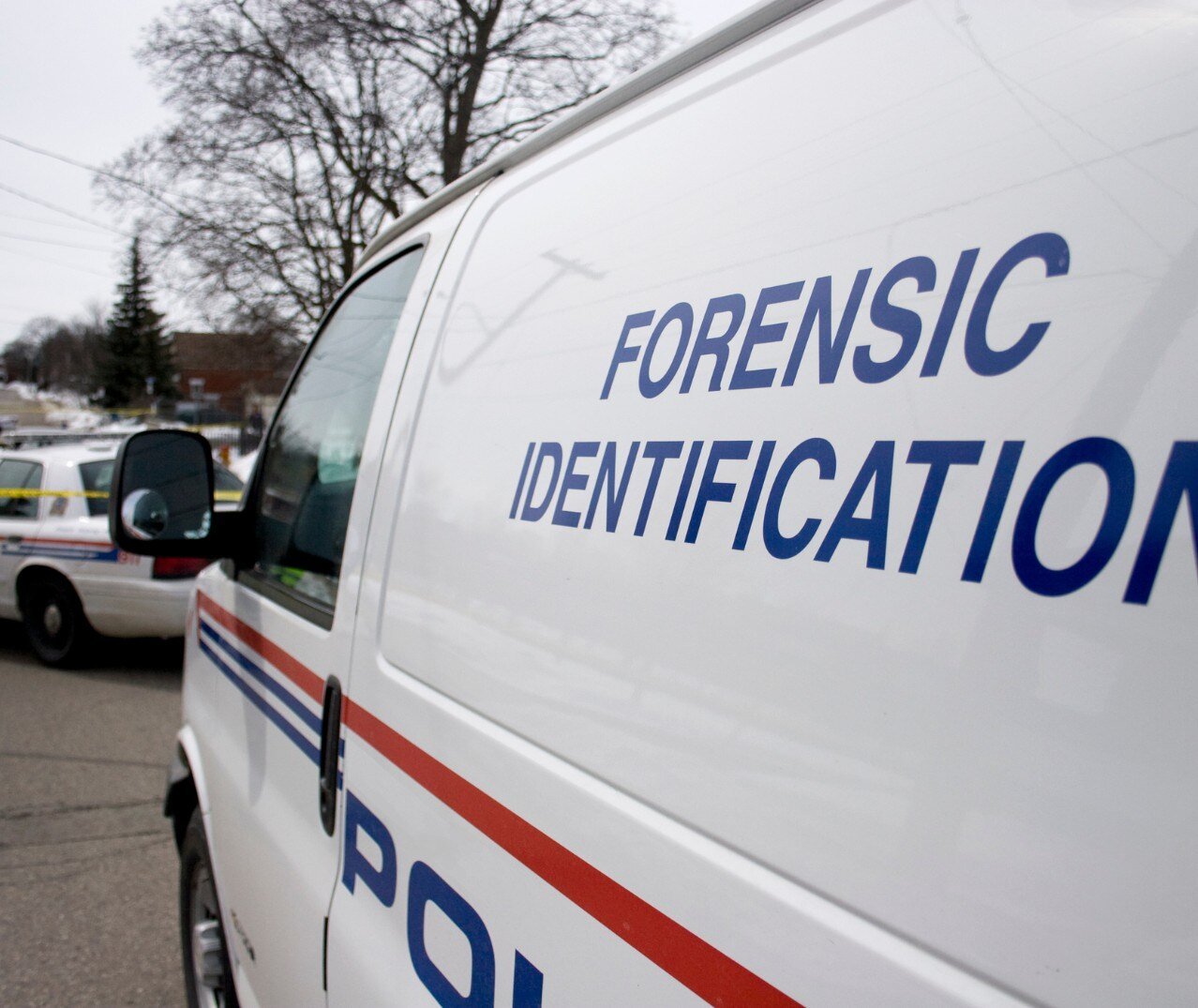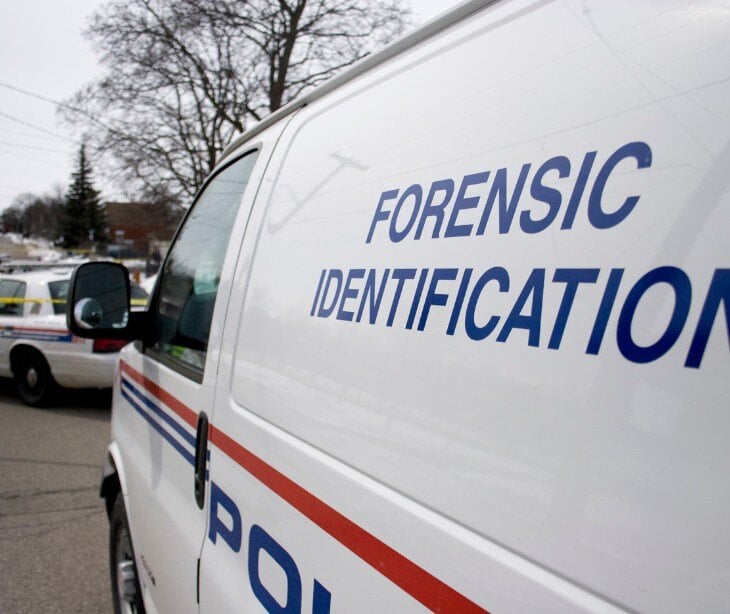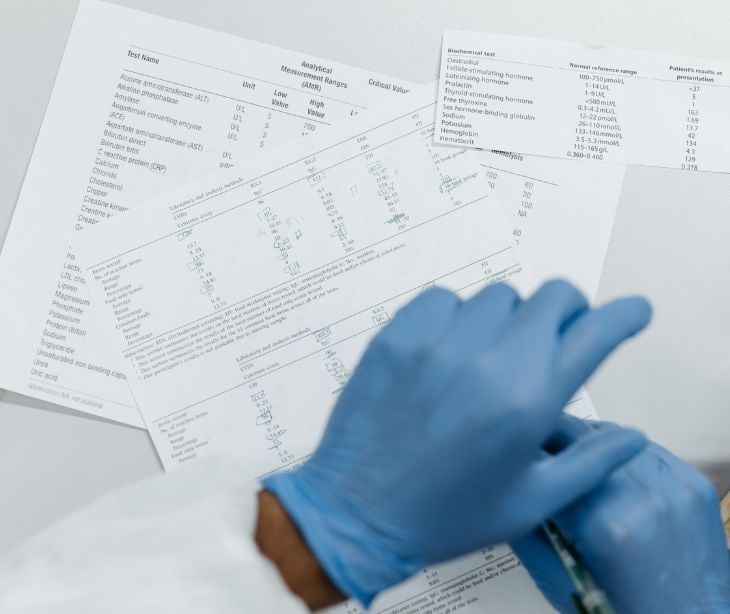
When musician Prince died in 2016, his autopsy report became the subject of public interest. Despite Minnesota's restrictive laws regarding autopsy disclosures, information about his cause of death eventually entered the public domain. This case and others like it raise questions about the ethical obligations of forensic pathologists that extend beyond legal compliance with HIPAA or state regulations.
As noted in HIPAA and posthumous rights, "The National Association of Medical Examiners, for example, states that 'the performance of forensic autopsy is the practice of medicine.'" This statement raises the question: If autopsy work is medical practice, shouldn't it be guided by the same ethical principles that govern all medical interactions, including confidentiality?
As Praveen Kumar Yadav notes in his NIH article Ethical issues across different fields of forensic science, "Ethics are the soul of any profession and without it, the meaning of profession is vague and ambiguous. Ethics also help in establishing quality, validity, and authenticity of the profession."
The position of forensic pathologists
Dual identity: Physician and public official
Unlike most physicians who have a clear doctor-patient relationship, forensic pathologists serve both:
- As physicians applying medical expertise and bound by medical ethics
- As public officials fulfilling statutory duties to determine causes of death
According to a toolkit for doctors: "Many health professionals have obligations, either express or implied, to other parties or to the wider society that may conflict with their ability to focus exclusively on the interests of their patients."
Furthermore, "Working with these dual obligations and ensuring patient interests are appropriately protected is a core part of the role of the forensic physician." The care and treatment of patients can sit alongside the requirement to gather evidence for forensic purposes.
Yadav's article highlights this challenge: "Many commentators have acknowledged the fact that the usual courtroom maxim that is 'to tell the truth, the whole truth, and nothing but the truth' is not so easy to apply in practicality." This observation points to the practical complexities that forensic pathologists face when balancing their ethical duties with courtroom expectations.
Multiple stakeholders
Forensic pathologists serve multiple stakeholders simultaneously:
- The deceased individual (whose dignity and privacy interests persist after death)
- Surviving family members (who have emotional, medical, and legal interests in the findings)
- The justice system (which requires accurate information for legal proceedings)
- Public health officials (who need data for surveillance and prevention)
- The general public (who may claim a "right to know" in certain cases)
Balancing these interests requires ethical frameworks that go beyond legal compliance. As Yadav asks, "In any given situation, what does the whole truth include? In case the whole truth includes all the possible alternatives for a given situation, what should a forensic expert witness do when an important question is not asked by the prosecutor?" These questions highlight the complexity of determining what information should be disclosed, to whom, and under what circumstances.
Ethical principles in forensic pathology
Respect for persons
The principle of respect for persons suggests that human dignity extends beyond death, and that the deceased individual retains certain interests, including privacy. This principle aligns with the traditional medical ethical obligation to maintain confidentiality.
As HIPAA and posthumous rights notes, an important question is: "Why should this professional obligation [to confidentiality] change when a pathologist is determining the cause of a person's—any person's—death?"
Beneficence and non-maleficence
These guidelines provide that one must act in ways that are good for others and do no harm. For forensic pathologists, this raises ethical obligations to:
- Consider how information disclosures might harm surviving family members
- Weigh the potential public health benefits of disclosure against privacy interests
- Recognize the psychological harm that can come from unnecessary public exposure of sensitive medical information
Justice
The principle of justice requires equal and fair treatment. In forensic pathology, this means:
- Applying the same ethical principles to all, regardless of the social status of the deceased
- Providing the same respect for privacy to celebrities as to ordinary citizens
- Acknowledging that unequal ways of handling confidentiality lead to injustice
Transparency
- Be clear about methods and processes
- Provide accurate information to appropriate stakeholders
- Don’t hide relevant findings when disclosure serves legitimate interests
Objectivity
Yadav explains the importance of objectivity: "They must not forget that objectivity is their main attribute and that they must examine all the angles before reaching a conclusion. They have responsibilities towards the public, therefore, their examinations and analyses must be accountable and objective." This objectivity is important not only for scientific accuracy but also for ethical practice, as it helps ensure that conclusions are not influenced by external pressures or personal biases.
Professional standards
Professional organizations like the National Association of Medical Examiners (NAME) and the American Board of Pathology establish standards that often exceed legal minimums. These standards recognize that legal compliance is necessary but not sufficient for ethical practice.
"Forensic physicians retain a duty of care to their patients, irrespective of their duties to third parties, and are bound by the same ethical and legal obligations as all doctors,” notes the toolkit for doctors. This principle emphasizes that the ethical duties of medical practice extend fully to forensic work.
Professional codes of ethics
NAME's Code of Ethics and Conduct includes principles addressing confidentiality:
- Members should "maintain appropriate confidentiality" even when not legally required
- Information should be disclosed only to authorized persons with legitimate interests
- Consideration should be given to the dignity of the deceased and the feelings of survivors
The toolkit for doctors explains this by stating, "Forensic physicians owe their patients a duty of confidentiality and information should not normally be disclosed without the patient's knowledge and consent." Such professional ethics place ethical obligations that can exceed state law obligations, particularly in states with minimal privacy protection of death records.
Yadav's article reinforces this point: "Forensic science deals with the legal aspects and may help in establishing the guilt or exonerating the accused. Therefore, it is mandatory for every forensic organization to have an ethical code which guides forensic scientists to perform their duty with honesty and passion."
Professional discretion
Even when laws permit disclosure, professional standards often grant forensic pathologists discretion in what information to release and how to present it. This discretion creates space for ethical judgment that considers:
- The necessity of disclosure for legitimate purposes
- The potential impact on surviving family members
- Whether personal details irrelevant to the cause of death should be withheld
- How to present findings in ways that respect dignity
According to the toolkit for doctors, "Forensic physicians must maintain the highest standards of professional and clinical independence and impartiality." This independence guarantees that external pressures don't compromise ethical practice.
Yadav emphasizes, "Laboratory results together with the expert's opinion that interprets them must never be falsified, trimmed, tailored or otherwise modified to suit a third party, be the motive political, military, racial, financial or any other." This principle of scientific integrity is important for ethical practice in forensic pathology.
Case examples
High-profile deaths
In the case of Prince, mentioned above, Minnesota law restricted access to detailed autopsy information. The medical examiner released only the cause and manner of death, an accidental fentanyl overdose. This approach aligned with both legal requirements and ethical considerations about privacy.
In contrast, as the HIPAA and posthumous rights notes, "When other stars, such as Michael Jackson and Whitney Houston, have died, the published autopsy results were quite detailed and painted a picture that allowed independent conclusions about their causes of death to be developed by both the media and fans."
The ethical question is whether such detailed disclosures were necessary to serve legitimate public interests, or whether they potentially violated the ethical obligation to maintain appropriate confidentiality, regardless of what the law permitted.
Suicide cases
Public disclosure of detailed autopsy findings might:
- Cause additional trauma to grieving families
- Potentially inspire copycat behaviors
- Include mental health information that would normally be strictly confidential
The suicide of Nex Benedict, a 16-year-old nonbinary Oklahoma student, illustrates such ethical complexities. The Oklahoma Medical Examiner's Office determined that Benedict died from the combined toxicity of diphenhydramine and fluoxetine. The autopsy report noted nonlethal injuries from a school fight and referenced handwritten notes suggesting self-harm. The release of these details sparked national outrage, with LGBTQ+ advocacy groups commenting on the potential for additional trauma to the family and the broader community. The case shows the balance that forensic pathologists must achieve between transparency and the ethical need to protect the privacy and dignity of the deceased and their families.
Cases involving stigmatized conditions
Deaths involving stigmatized conditions like HIV/AIDS, substance use disorders, or certain mental health conditions raise special ethical concerns. Even when laws don't explicitly protect this information, ethical considerations might lead forensic pathologists to:
- Use discretion about how much detail to include in public documents
- Consider the impact of disclosure on surviving family members who might face stigma
- Balance public health surveillance needs against individual privacy concerns
Alex Dold died following an encounter with police during a mental health crisis. His death was ruled an accident by the medical examiner, who cited "excited delirium," a controversial diagnosis associated with in-custody deaths. This label minimized police responsibility and sparked debate over the use of such diagnoses, which lack widespread medical consensus. The case clearly displays the ethical dilemma confronting forensic pathologists in balancing accurate cause-of-death determinations with the potential ramifications of using stigmatized or disputed medical language.
Ethical approaches to common scenarios
Media inquiries
When media organizations request information about deaths, especially high-profile cases, forensic pathologists might:
- Release only the minimum information necessary to serve legitimate public interests
- Consider preparing separate public and confidential versions of reports
- Consult with families about what information they're comfortable having released
- Frame findings in ways that respect the dignity of the deceased
Family requests for information
Families have strong interests in autopsy findings, but different family members may have different preferences about confidentiality. Ethical approaches include:
- Providing detailed explanations to immediate family while maintaining public confidentiality
- Considering which family members have legitimate claims to detailed information
- Being sensitive to family dynamics and potential conflicts
- Recognizing cultural and religious perspectives on death and disclosure
Public health emergencies
During public health emergencies, such as disease outbreaks or patterns of overdose deaths, forensic pathologists face difficult ethical decisions about how much information to disclose. Ethical approaches might include:
- Releasing aggregate data rather than individual-level information
- Focusing on information directly relevant to public safety
- Working with public health officials to frame messages appropriately
- Balancing immediate public health needs against privacy considerations
Institutional supports for ethical practice
Ethics committees
Medical examiner offices could establish ethics committees to:
- Provide guidance on difficult cases
- Develop protocols for balancing competing interests
- Offer consultation when traditional confidentiality and public interests conflict
- Review practices regularly to ensure they align with ethical standards
The toolkit for doctors provides that, "The culture of certain institutions, particularly closed institutions, can be insidiously coercive, particularly where forensic physicians are professionally isolated." This observation highlights the need for institutional support to counteract potential pressures that could compromise ethical practice.
Training and education
Forensic pathology training should include ethics education that:
- Explores the unique ethical challenges of the field
- Provides frameworks for ethical decision-making
- Examines case studies of ethical dilemmas and their resolutions
- Reinforces professional ethical standards that exceed legal minimums
Institutional policies
Medical examiner offices could develop formal policies that:
- Specify how to handle media inquiries about sensitive cases
- Establish protocols for family communication
- Address potential conflicts between legal requirements and ethical obligations
- Create procedures for resolving ethical dilemmas
According to the toolkit for doctors, "Forensic physicians have a duty to speak out when they identify services that are substandard or pose a threat to the health or wellbeing of their patients." This responsibility extends to advocating for institutional policies that support ethical practice.
Navigating legal-ethical conflicts
Sometimes legal requirements and ethical obligations come into direct conflict. Forensic pathologists may find themselves legally permitted or even required to disclose information that their professional ethics suggest should remain confidential.
"Where the public interest in disclosure outweighs both the individual's right to confidentiality, and the public interest in a confidential health service, information can be disclosed without consent, and even in the face of a competent refusal. This will usually be where disclosure is required to prevent or mitigate a risk of serious harm to others,” explains the toolkit for doctors. This principle provides guidance for resolving some difficult ethical dilemmas.
Minimalist compliance
When required by law to disclose information, forensic pathologists might:
- Release only what is specifically required by law
- Present information in ways that minimize harm
- Avoid unnecessary elaboration or speculation
- Include only what is directly relevant to the legal requirement
Advocacy for legal reform
When laws inadequately protect confidentiality, forensic pathologists might:
- Advocate for legal reforms that better align with ethical standards
- Work with professional organizations to develop model legislation
- Educate lawmakers about the ethical dimensions of forensic practice
- Document how current laws create ethical challenges
Ethical consultation
When facing particularly difficult conflicts, forensic pathologists might:
- Consult with ethics committees or ethicists
- Seek guidance from professional organizations
- Discuss anonymized cases with colleagues to develop consensus approaches
- Document their ethical reasoning and decision-making process
Considerations for vulnerable populations
Children and adolescents
The deaths of minors raise concerns about:
- Protecting the privacy of the child and siblings
- Balancing parental rights to information with the child's posthumous privacy interests
- Special sensitivity regarding causes of death that might be stigmatizing
- The long-term implications of public information about a child's death
Marginalized communities
Deaths in marginalized communities require attention to:
- How disclosure might reinforce harmful stereotypes
- The historical context of medical abuse and mistrust
- Cultural differences in attitudes toward death and privacy
- Power imbalances in access to and interpretation of information
The toolkit for doctors explains that, "Forensic physicians also have unique opportunities to protect and promote the rights of vulnerable individuals in the criminal justice system." This responsibility extends to protecting vulnerable individuals and communities through appropriate confidentiality practices.
Mental health-related deaths
Deaths related to mental health conditions deserve ethical consideration:
- To avoid perpetuating stigma around mental illness
- To respect what would have been highly confidential information during life
- To balance public health surveillance of suicide with individual privacy
- To consider how disclosure might affect others with similar conditions
FAQs
Are there international ethical standards that guide forensic pathologists?
Yes, global organizations like the World Medical Association offer broad ethical frameworks that can influence forensic practices.
What happens when a forensic pathologist disagrees with law enforcement about what should be disclosed?
Pathologists are expected to maintain independence and can document ethical concerns if pressured to disclose more than necessary.
Are forensic autopsy reports treated differently than clinical medical records?
Yes, they often have fewer legal protections, though ethically they involve similar confidentiality considerations.
Are there penalties for breaching ethical confidentiality without violating the law?
While not always legal violations, ethical breaches can lead to professional sanctions or loss of board certification.
Subscribe to Paubox Weekly
Every Friday we bring you the most important news from Paubox. Our aim is to make you smarter, faster.




